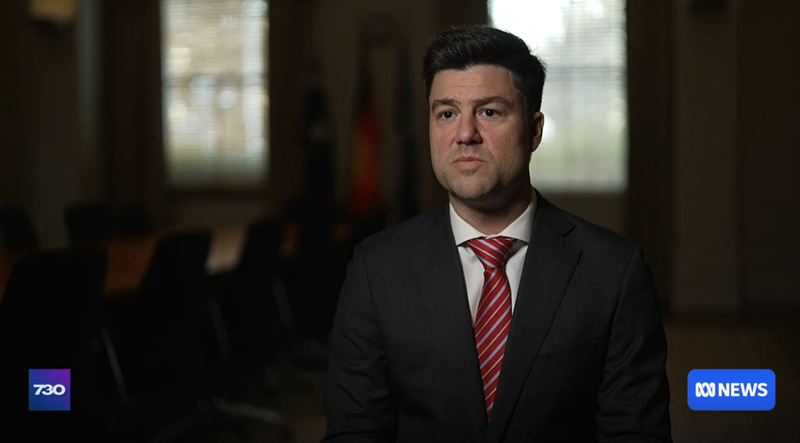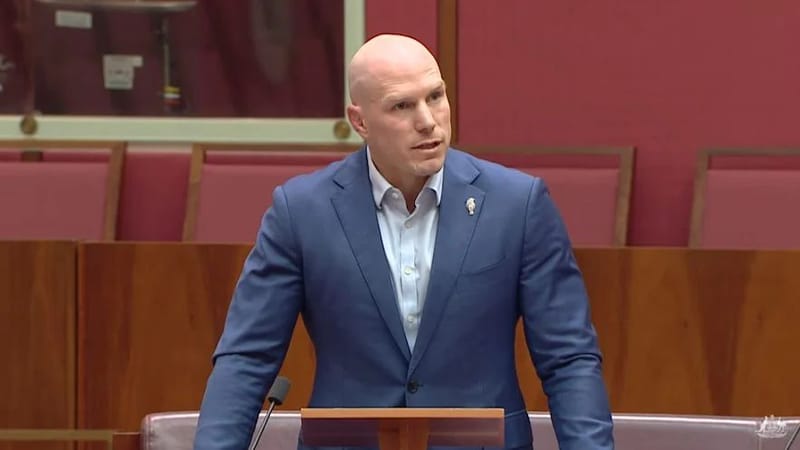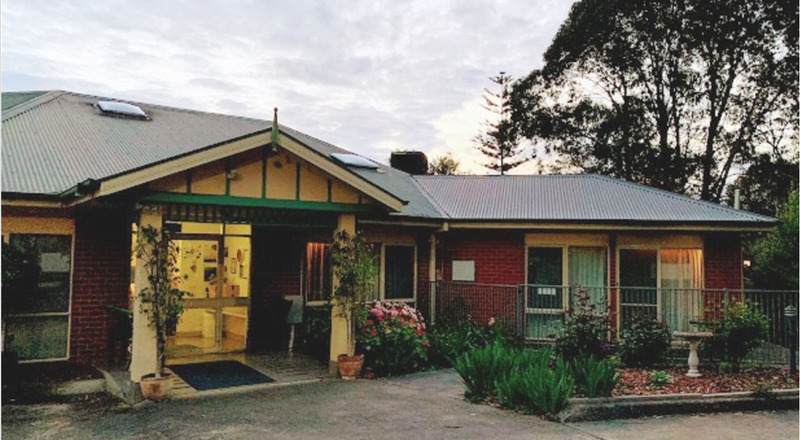Where's the missing link? Fed Govt defines health and aged care responsibilities – but home care still a ‘grey area’
The Department of Health and Aged Care has released a document to outline the roles and responsibilities of aged care and health providers caring for older people in Australia. The two-page document lists the responsibilities of the Australian...

The Department of Health and Aged Care has released a document to outline the roles and responsibilities of aged care and health providers caring for older people in Australia. The 10-page document lists the responsibilities of the Australian Government, State and Territory governments, residential aged care providers, and home care providers. Its release is aimed at complying with the Aged Care Royal Commission's recommendation 69, which proposed 'clarification of roles and responsibilities for delivery of health care to people receiving aged care' and recommendation 70, which required 'explicit commitments' by State and Territory governments.
"It's calling out what the Australian government is responsible for," Cynthia Payne (pictured), Managing Director of Anchor Excellence, told The SOURCE. "It's calling out the states, what they're responsible for. It calls out the public hospital system. "For consumers, it is in very simple but powerful layman's terms and actually lays out the groundwork quite nicely."
Ambulances omitted

However, there is a missing stakeholder. "The stakeholder that's not referenced in all of this is ambulances," Cynthia said. Ambulances pay a central role in the healthcare system. For example, in residential aged care, if there is a deterioration or a change in the circumstance of an older Australian, there may be a need to transfer them to hospital for further assessment. Frequently ambulances perform a kind of triage service, which will determine if they stay in situ or are transferred to hospital.
Home care: health outside the hospital system
For home care providers, providing "health care outside the hospital system" could also prove contentious. "Not every home care provider does that," Cynthia said, though consumers may have the expectation they do. "I think it does point to where the reform is going to in the recognition that older people receiving home care services, that's going to become increasingly more complex," she said.
Home care: nutrition
There is also the expectation that home care providers provide "nutrition, hydration, meal preparation and diet-related care and support". "That's really saying these are the things that really matter for older Australians to live well and use the Government-funded system," Cynthia said.





